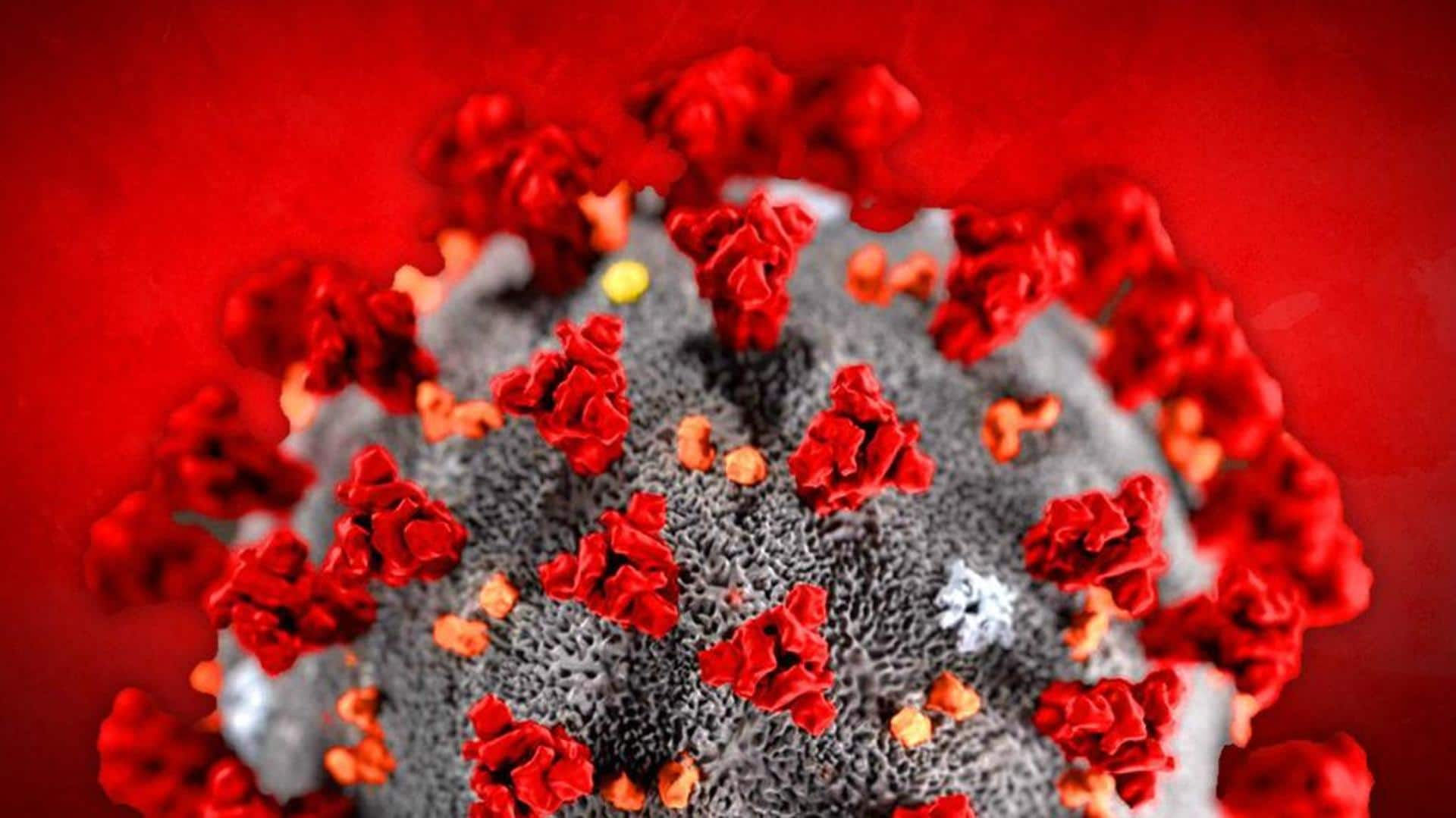
IIT Delhi develops new COVID-19 vaccine using immune cells
What's the story
Researchers from IIT Delhi have developed a "nano-vaccine" for COVID-19, which has yielded promising results in animal studies. The newly developed vaccine was made using the body's own immune cells, unlike the currently used vaccines, which make use of synthetic materials, or adenovirus. This vaccination approach could also be used for various other infectious diseases, such as dengue.
Context
Why does this story matter?
Since the COVID-19 outbreak, scientists across the world have been studying the disease and its epidemiology and have been working toward the development of effective vaccines. According to researchers, a vaccine that can surpass disadvantages which include limited immune response, stability of the materials used, and side effects such as blood clotting, will offer better protection from the deadly virus.
Process
How does vaccination work?
Vaccines train your immune system to create antibodies and host proteins that are produced in response to foreign molecules that enter the body. However, since vaccines are made up of only the killed or weakened forms of the causative microbe, which include bacteria and viruses, they do not cause the disease or put you at risk of its complications.
Information
How are immune cells activated?
Typically, after vaccination, the antigens (the foreign molecules) are processed by a type of immune cell called antigen-presenting cells (APCs). The APCs in turn activate other immune cells (B and T cells) to generate the antibodies and eliminate, in this case, the virus.
Prowess
The new naturally-derived nano-vaccine could offer several advantages
Now, the new nano-vaccine is one step ahead. The next-generation vaccine uses the nanovesicles derived from activated APCs, which already contain processed antigens on their surface and are also equipped with other factors required for the direct activation of B and T cells. The researchers claim that this "naturally derived" nano-vaccine could have several advantages over vaccines that are currently approved.
Information
The vaccine can minimize the chances of blood clotting
The nano-vaccine can minimize the chances of blood clotting, which was otherwise observed in certain vaccinated individuals. The vaccine was also tested on mice. The results—which were promising—showed it generated antibodies against the COVID-19 virus and was more effective when compared to free antigens.
Official words
"The nano-vaccine can generate memory cells"
"In fact, when injected with a 10 times lower dose compared to the free antigen, the nano-vaccine was equally efficient in raising antiviral immunity," said Professor Jayanta Bhattacharyya from the Centre for Biomedical Engineering, IIT Delhi. "Interestingly, it showed a durable immune response, including the generation of memory cells, which can act as a safeguard for the next infection."
Research grant
The team has received a research grant from ICMR
The study was carried out in collaboration with the Regional Centre for Biotechnology, Faridabad, and has been published in ACS Biomaterials Science and Engineering. Professor Bhattacharyya mentioned this vaccination approach could be used for infectious diseases, such as dengue. Notably, the Indian Council for Medical Research (ICMR) has approved a research grant to the group for the development of a nano-vaccine against dengue.